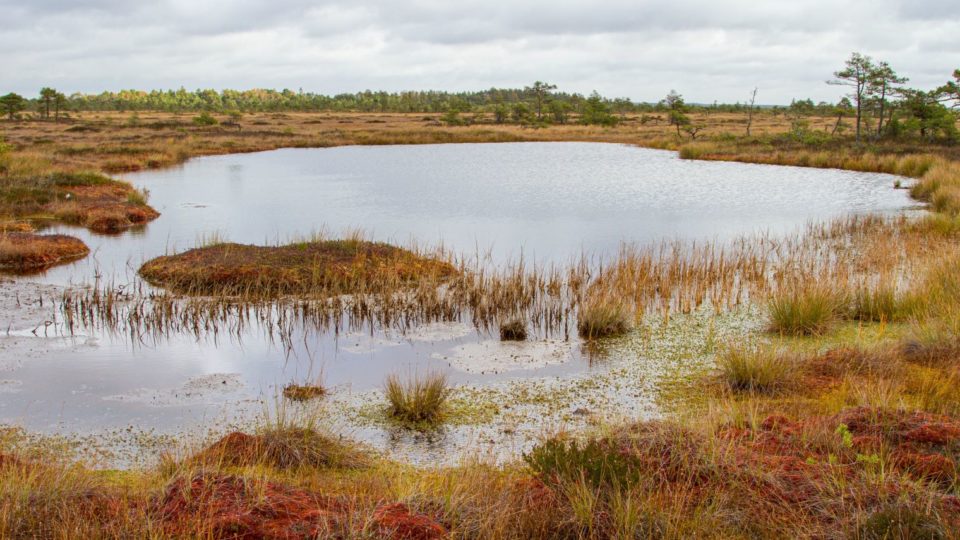On Thursday 12 January 2023, the European Parliament’s rapporteur for the EU Nature Restoration Law, MEP César Luena, presented his draft report on the proposed regulation. In general, the draft report further strengthens the proposal submitted by the European Commission.
The Commission presented the proposal explicitly targeting the restoration of Europe’s ecosystems on 22 June 2022. The EU co-legislators, the European Parliament and Council, are now developing their positions, with negotiations between the institutions (trilogue meetings) to follow.
Wetlands International Europe is particularly pleased to see amendments raising the ambition of the proposal, targeting the restoration of at least 30% of EU land and sea by 2030. This is consistent with the European Parliament’s position and recent international commitments made at COP15 of the Convention on Biological Diversity in Montreal.
We also welcome amendments concerning the inclusion of a definition for rewetting peatlands that is consistent with the Ramsar Convention on Wetlands, the recognition of the requirements of diadromous fishes in restoring rivers, giving higher priority to ecological significance in the context of barrier removals, the requirement to map out and address small water units that are neglected in the context of both the Habitat and the Water Framework Directives, and the introduction of general safeguard provisions for all restoration measures and not only those concerning habitats listed in Annexes I and II of the proposed regulation.
We also welcome the strengthened provisions on the development, adoption, monitoring and revision of national nature restoration plans including the new provisions concerning public participation.
However, Wetlands International calls for higher ambition regarding measures for the restoration of peatlands. The situation is critical as the EU is the second largest global emitter of greenhouse gases from drained peatlands (230 Mt CO2/year).
The Commission proposal makes an unjustified distinction between the restoration and the rewetting of peatlands (organic soils). It proposes to restore 30% of the drained peatlands (organic soils) under agricultural use by 2030, 50% by 2040 and 70% by 2050. However, it requires the rewetting of only a quarter of the land to be restored by 2030, and only half of the land to be restored by 2040 and 2050. This approach would lead to the only partial rewetting of the peatland areas, contrary to expert and scientific recommendations on the restoration of peatlands. The Commission proposal would be equivalent to a reduction of only around 25% of the greenhouse gas emissions from peatlands used for agriculture by 2050. This level of ambition is far below the level required to meet the targets of the Paris Agreement.
The Commission’s proposal is also problematic as the measures for the restoration of drained peatlands focus solely on agricultural land. However, all drained peatlands should be rewetted for the EU to achieve its climate change mitigation commitments. This means rewetting drained peatlands on land used for forestry, agriculture, peat extraction – in essence, any other non-residential land.
We emphasise that forestry on drained peatland is an inappropriate climate change mitigation measure: it is an important source of carbon dioxide and nitrous oxide; it potentially impacts on local climates; forests on drained peatlands are extremely prone to fires and the increasing number and duration of droughts all over Europe risks amplifying this issue further, increasing the chance of loss of life and socio-economic impacts.
We call on decision-makers to require the full rewetting of drained peatlands and to expand the scope of these provisions to all non-residential land in their EU Nature Restoration Law proposals.
Additional links:
Our position on the draft EU Nature Restoration Law
Proposed EU Nature Restoration Law a historic step for wetlands restoration
Higher ambition for Peatlands in the EU Nature Restoration Law Proposal – Policy Briefing

